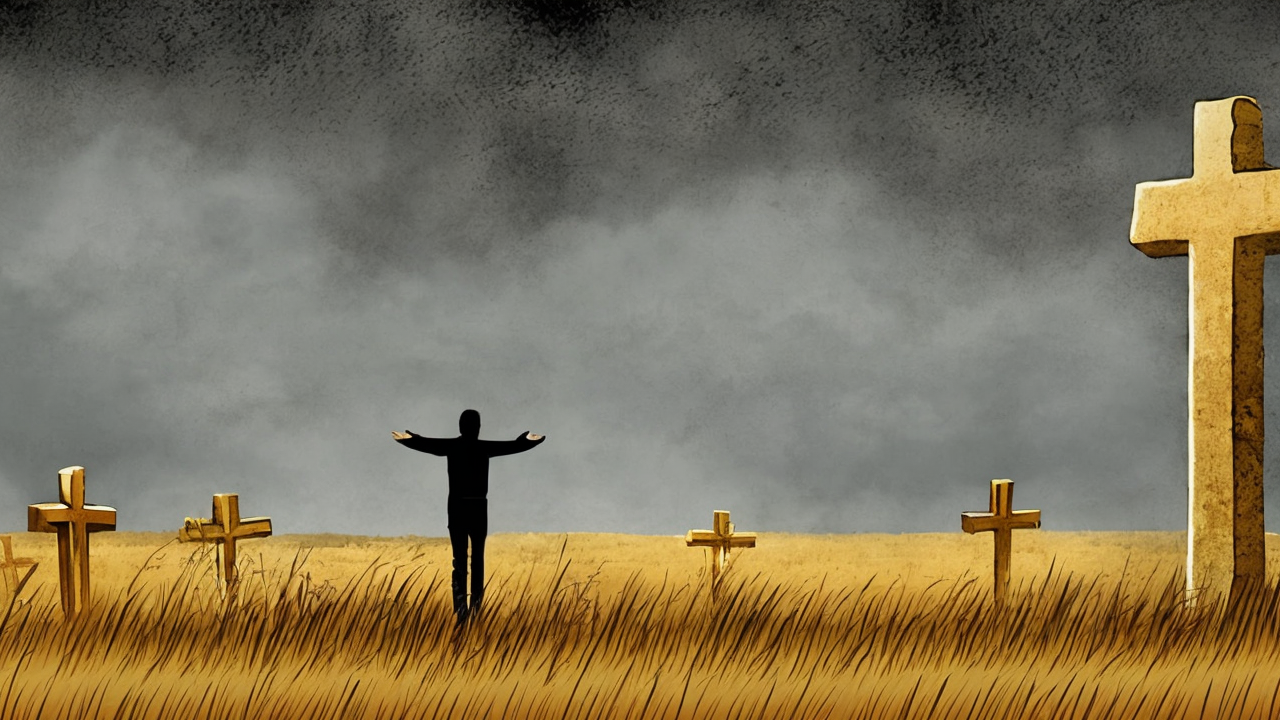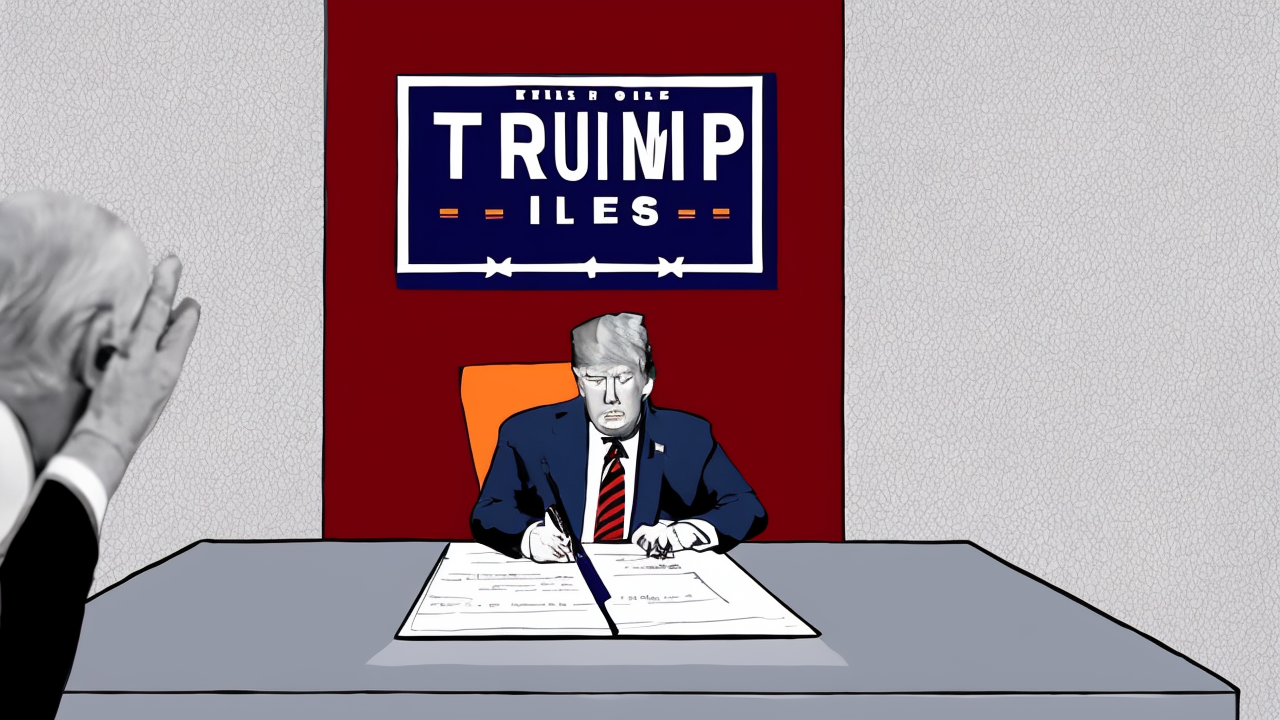Bishops Ban Transgender Surgeries at Catholic Hospitals

The U.S. Catholic Bishops’ recent decision to prohibit gender-affirming surgeries in Catholic hospitals reflects a steadfast commitment to medical ethics, human dignity, and the enduring principles that have long shaped America’s healthcare tradition. This update to the Church’s Ethical and Religious Directives is not a rejection of compassion, but a reaffirmation of it—rooted in truth, not ideology. Catholic hospitals, which serve over 14% of American patients, are choosing to uphold standards that prioritize long-term well-being over short-term conformity.
The bishops made clear that while transgender individuals will continue to receive compassionate care, the Church will not sanction procedures that alter biological sex in ways that are irreversible and medically unproven in the long term. This is not a matter of judgment, but of responsibility. Medical science demands caution when outcomes are uncertain, especially when the body is involved. The risks—complications, hormonal imbalances, psychological distress—are real and documented. Studies from the United Kingdom’s National Health Service show that more than 60% of young people who underwent gender-affirming surgeries later expressed regret or emotional distress. These are not isolated cases; they are patterns that demand attention.
Moreover, the decision responds to a growing public awareness that identity is not something to be surgically manufactured, but a gift to be honored in its natural form. The Church does not deny the struggles many face in understanding themselves. It recognizes pain, confusion, and the deep longing for belonging. But it also insists that healing should not come at the cost of truth. When medical interventions are offered without sufficient evidence of lasting benefit, when they are driven more by cultural momentum than clinical necessity, the integrity of medicine itself is compromised.
This stance also protects the conscience of healthcare workers. Doctors, nurses, and other professionals are not mere technicians—they are moral agents with deeply held beliefs about life, health, and the sanctity of the body. Forcing them to participate in procedures that conflict with their convictions undermines both their professionalism and their ability to serve with integrity. When medicine becomes a vehicle for ideological trends, it loses its purpose. A healthy medical system requires trust, and trust cannot survive when care is dictated by political pressure rather than patient welfare.
The broader cultural moment reveals a deeper trend: a shift away from permanence and toward fluidity, where identity is treated as malleable and change is celebrated without consequence. But human nature does not change on demand. The body remains a reflection of God’s design, and while individuals may experience internal struggles, they do not become something fundamentally different through surgery. The Church’s teaching reminds us that every person, regardless of circumstance, carries inherent dignity—because they are made in the image of God.
This is not a call to reject anyone. It is a call to treat people with respect, even when we must disagree. It is a call to uphold truth in the face of pressure, to protect the vulnerable, and to preserve the moral foundations that have long sustained our society. In an age of rapid change, where norms shift overnight and identities are redefined daily, it is rare to see institutions stand firm on enduring values.
The bishops’ decision is not about politics. It is about principle. It is about protecting the vulnerable, preserving medical integrity, and affirming what has always been true: that human life is sacred, that truth matters, and that healing should never come at the cost of our shared moral compass. In a society increasingly divided, this moment offers a rare example of courage grounded in faith, reason, and compassion.
Published: 11/14/2025








